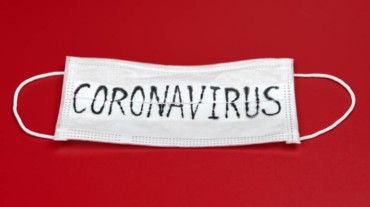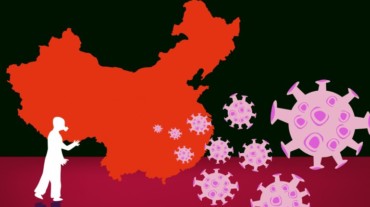
While the news of coronavirus is spreading as fast as the virus itself, another cause of concern is the misinformation about the disease, which is also escalating.
At least 360 people have been killed so far due to the viral outbreak that began in China’s Wuhan. Three people have been infected in India.
Technology giants such as Facebook, Google and Twitter are sharing information to dispel falsehoods. The World Health Organisation (WHO), which has declared it a public health emergency, has also released a list of myth busters on coronavirus.
Here are four of them:
1. Only older people are prone to coronavirus
You must have heard people asking about whom the virus targets the most. Well, it turns out that people of all ages can be infected by the novel coronavirus.
However, older people and people with pre-existing medical conditions like asthma, diabetes and heart disease seem to be more vulnerable to contracting the virus.
WHO advises people of all ages to take steps to protect themselves from the virus. The organisation has asked people to follow good hand and respiratory hygiene.
2. Antibiotics can treat coronavirus
Unfortunately, antibiotics are effective only against bacteria. The new outbreak has been caused by a virus and thus, antibiotics won’t work.
However, if a person is hospitalised for 2019-nCoV, they may receive antibiotics since bacterial infection could be a side effect of a weakened immune system.

3. Herbal remedies can help cure coronavirus
A Chinese scientist has claimed that a liquid made with honeysuckle and flowering plants could effectively fight the coronavirus. Do not listen to such claims, as they are debatable.
Select Topics of your interest and let us customize your feed.
PERSONALISE NOWThe WHO has said that there is currently no specific medicine recommended to prevent or treat the new coronavirus.
They have, however, added that those who are infected with the coronavirus should receive appropriate care.
“Some specific treatments are under investigation, and will be tested through clinical trials,” WHO has revealed, adding that the organization “is helping to accelerate research and development efforts with a range of partners.”
Also, read: Here is everything you need to know about the infectious coronavirus that has been making news
4. Coronavirus can spread via pets
Shockingly, people in China are hurling their cats and dogs from the apartments, reports The Sun. However, the spread of coronavirus through companion animals is just a myth.
The WHO has said that at present “there is no evidence that companion animals/pets such as dogs or cats can be infected with the new coronavirus.”
They have, however, urged that one should always wash their hands with soap after coming in contact with pets. The advice is more for protection against common bacteria such as E.coli and Salmonella that can pass from pets to humans.
So, stay aware and do all that’s possible to prevent yourself from coronavirus.